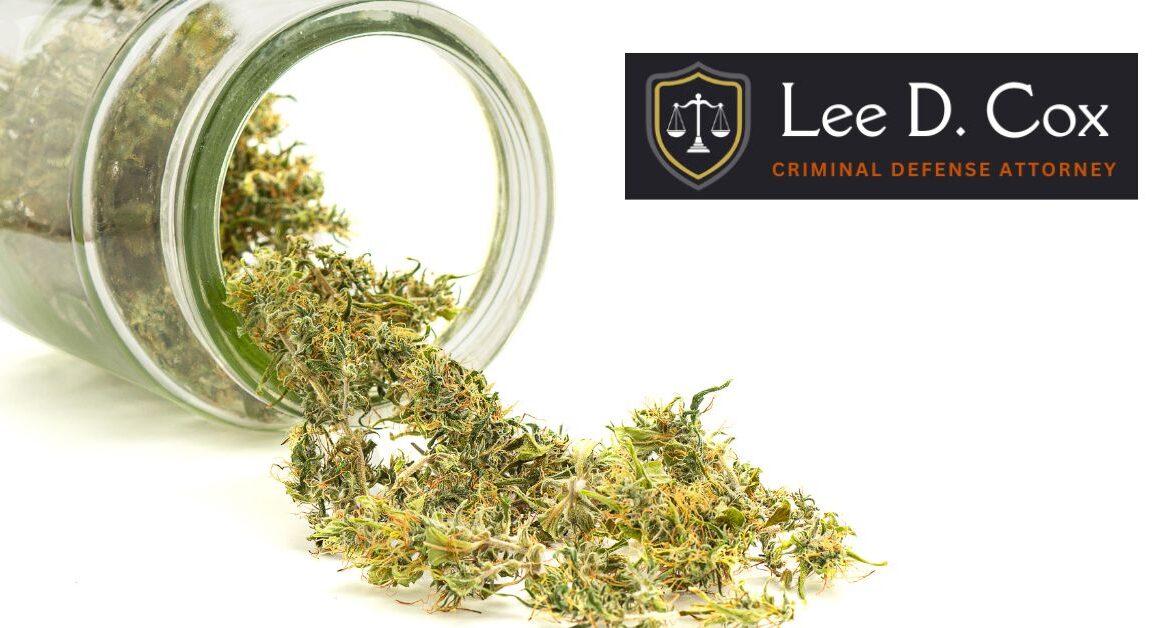Understanding Drug Possession Laws in Texas (Updated for 2025)
Updated for 2025: Texas drug possession laws remain some of the strictest in the country. Whether you’re facing charges or trying to stay informed, it’s crucial to understand how these laws are classified, prosecuted, and defended — especially in Fort Bend County and surrounding areas.
This updated guide will walk you through the Texas drug possession laws for 2025, including penalty categories, recent changes, and your legal options.
How Texas Classifies Controlled Substances
Texas uses a schedule-based system to categorize drugs based on abuse potential and medical value. This classification has a direct impact on criminal penalties.
Schedule I
-
High abuse risk, no accepted medical use
-
Examples: Heroin, LSD, Ecstasy
-
Penalties: Among the most severe in Texas
Schedule II
-
High potential for abuse, but with restricted medical use
-
Examples: Cocaine, Fentanyl, Oxycodone
-
Penalties: Severe and often enhanced if not prescribed
Schedule III
-
Moderate abuse potential, accepted medical use
-
Examples: Ketamine, anabolic steroids
-
Penalties: Less harsh but still criminal
Schedule IV & V
-
Lower abuse potential; often prescription drugs
-
Examples: Xanax (Schedule IV), low-dose codeine cough syrup (Schedule V)
Key Drug Law Changes Leading Into 2025
The state of Texas made several significant updates in 2023 that remain fully in effect in 2025:
-
Brorphine & Eutylone added to Schedule I
-
Amineptine, Methiopropamine, Mesocarb, Zipeprol included in Schedule I (May 2023)
-
Ganaxolone added to Schedule V
-
Fenfluramine removed from Schedule IV
These updates continue to impact how drug possession penalties in Texas are applied and defended in court.
What Counts as Drug Possession in Texas?
Under the Texas Controlled Substances Act, possession means having “actual care, custody, control, or management” of an illegal drug. There are two primary types:
-
Actual Possession: Substance is on your person (e.g., pocket, bag)
-
Constructive Possession: You control the space where the substance is found (e.g., car, house)
Other key factors:
-
Quantity: Larger amounts could trigger intent-to-distribute charges
-
Type of drug: Penalties depend on the classification
-
Prior record: Repeat offenses carry stiffer consequences
Texas Drug Possession Penalties by Penalty Group
Texas breaks substances into Penalty Groups under the Texas Health and Safety Code, Chapter 481.
Penalty Group 1
-
Opiates, cocaine, methamphetamine
-
Penalties: Up to 99 years in prison and $10,000 in fines
Penalty Group 1-A
-
LSD and its analogs
-
Penalties based on unit dosage
Penalty Group 2
-
Ecstasy, PCP, amphetamines
-
Severe penalties with increasing weight
Penalty Group 3
-
Xanax, Ritalin, anabolic steroids
-
Typically misdemeanor or state jail felony
Penalty Group 4
-
Prescription narcotics mixed with non-narcotic substances
-
Least severe penalties, but still criminal
If you’re unsure which group applies to your case, a Fort Bend drug possession attorney can clarify the legal implications and build your defense.
How a Drug Possession Charge Affects Your Life
Even a first-time charge can have lasting consequences:
-
Criminal Record: Visible in background checks
-
Employment Loss: Difficult to get hired, especially in sensitive roles
-
Education: Loss of financial aid, scholarships, or school expulsion
-
Housing: Landlords may deny applications
-
Social Impact: Strained relationships and community standing
-
Probation/Parole: Strict compliance, drug testing, court appearances
Legal Defenses to Drug Possession Charges in Texas
Defense strategies vary based on circumstances. A criminal defense lawyer in Richmond, TX can evaluate your case and pursue the most effective legal route. Common defenses include:
-
Lack of Possession: Drugs weren’t yours
-
No Knowledge or Intent: You didn’t know the drugs were there
-
Illegal Search or Seizure: Fourth Amendment violation
-
Lab Mistakes: Mishandled drug tests or chain of custody issues
-
Medical Necessity: Legal basis for possession
-
Insufficient Quantity: Not enough to charge
-
Mistaken Identity: Wrong person accused
Work with a Fort Bend Criminal Defense Attorney
Texas drug laws are tough — especially in Fort Bend County, Harris County, and surrounding jurisdictions. You need someone who understands Texas drug possession laws in 2025 and has the courtroom experience to fight for your future.
Attorney Lee D. Cox provides strategic defense and trusted guidance for clients facing drug charges. He serves Richmond, Sugar Land, Rosenberg, and nearby communities, with a reputation for honest counsel and effective legal strategies.
Ready to Fight Your Drug Possession Charge?
If you’ve been charged with drug possession, don’t face it alone. Call Lee D. Cox, Criminal Defense Attorney, today to schedule your confidential consultation. Protect your rights, your future, and your freedom.


